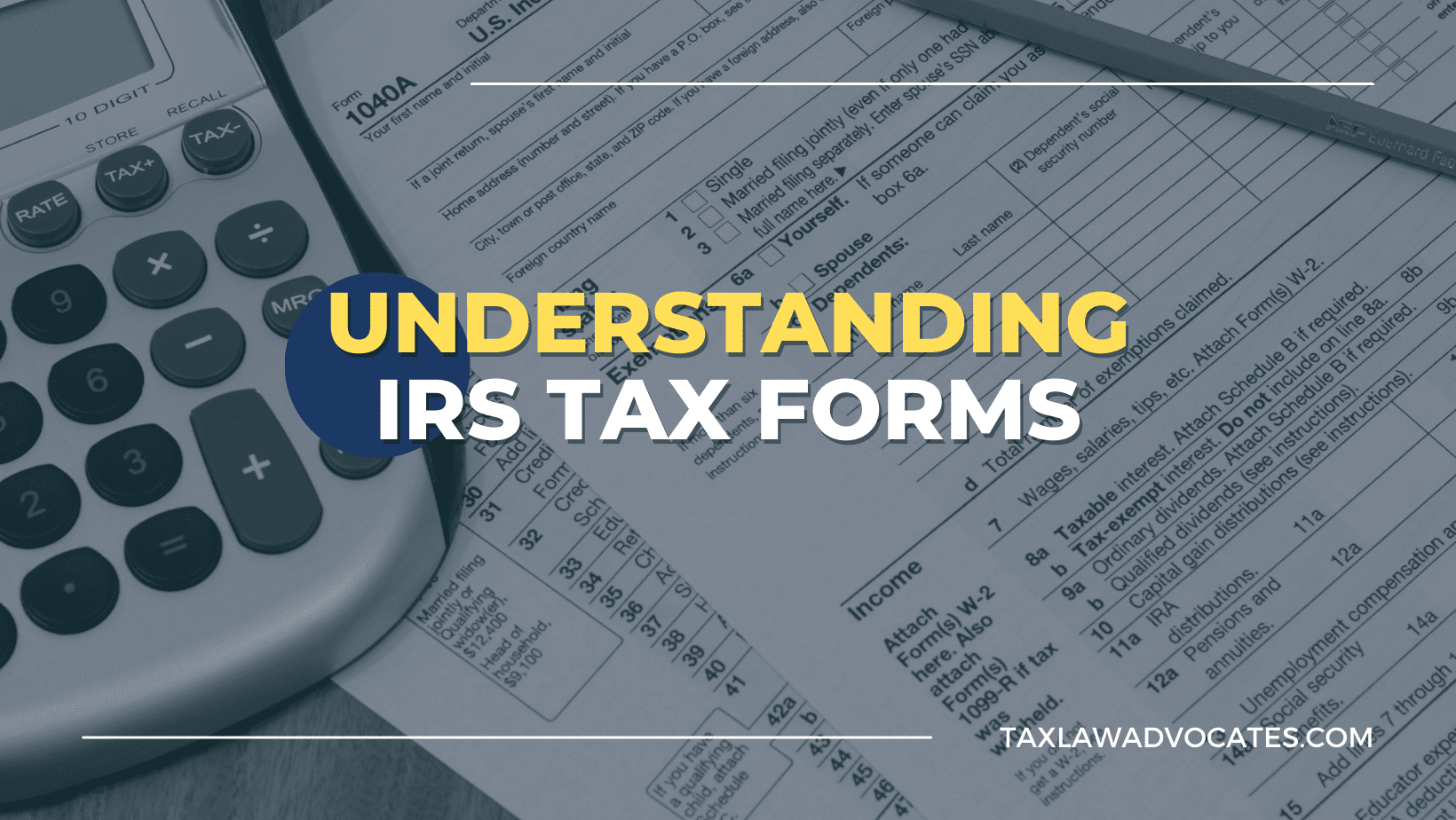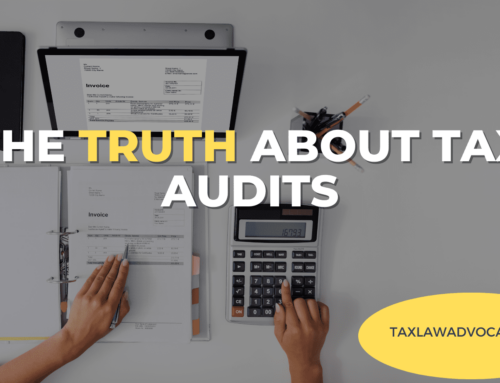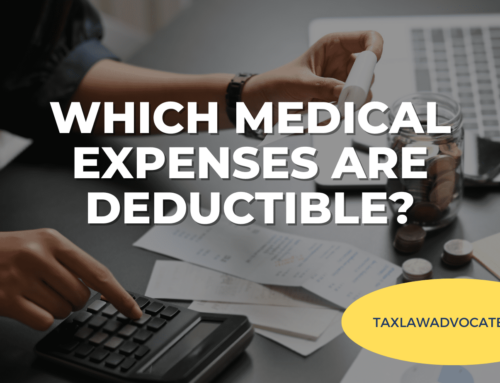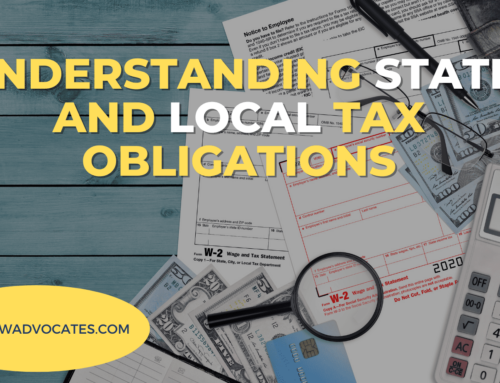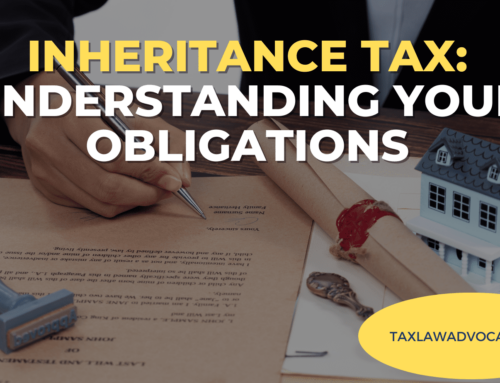IRS Form 3520, also known as “Annual Return To Report Transactions With Foreign Trusts and Receipt of Certain Foreign Gifts,” is a tax form used to report transactions with foreign trusts and the receipt of certain foreign gifts. In this article, we will discuss who needs to use Form 3520, how to obtain it, and answer some common questions related to this form.
Who Needs to Use Form 3520?
Individuals who have received gifts or inheritances from foreign sources that exceed certain thresholds or have engaged in transactions with foreign trusts may need to use Form 3520. The form is also used to report certain contributions to foreign trusts and ownership of foreign trusts.
How to Obtain Form 3520?
Form 3520 can be obtained by downloading it from the IRS website or by requesting it by phone, mail, or fax. The form is due on the same date as the individual’s income tax return, including extensions, and must be filed separately from the tax return.
Common Questions About Form 3520
What is the threshold for reporting foreign gifts?
Individuals are required to report foreign gifts that exceed $100,000 in value or have received gifts from foreign corporations or partnerships that exceed $16,388. The threshold amounts are subject to change and should be verified with the IRS.
What are the penalties for not filing Form 3520?
Failure to file Form 3520 can result in significant penalties, including a penalty of 35% of the gross value of the transaction or gift, and additional penalties for failure to disclose ownership of foreign trusts.
Do I need to report transactions with foreign trusts on Form 3520?
Yes, transactions with foreign trusts, including contributions and distributions, must be reported on Form 3520. Failure to report these transactions can result in penalties and additional taxes.
Consult a Professional with Questions
In conclusion, IRS Form 3520 is an important form for individuals who have received gifts or inheritances from foreign sources or have engaged in transactions with foreign trusts. It can be obtained by downloading it from the IRS website or by requesting it by phone, mail, or fax. If you have questions about Form 3520 or your tax situation, it is best to consult with a tax professional or qualified accountant. They can provide personalized advice and guidance based on your specific situation, and help you navigate the often complex and confusing world of taxes and the IRS.
If you need assistance with IRS debt or tax issues, consider contacting Tax Law Advocates at 855-612-7777. Their experienced team of federally licensed enrolled agents, tax attorneys, and accountants can help you navigate the complex rules and requirements of the IRS, and provide the support and guidance you need to find the resolution you deserve.

